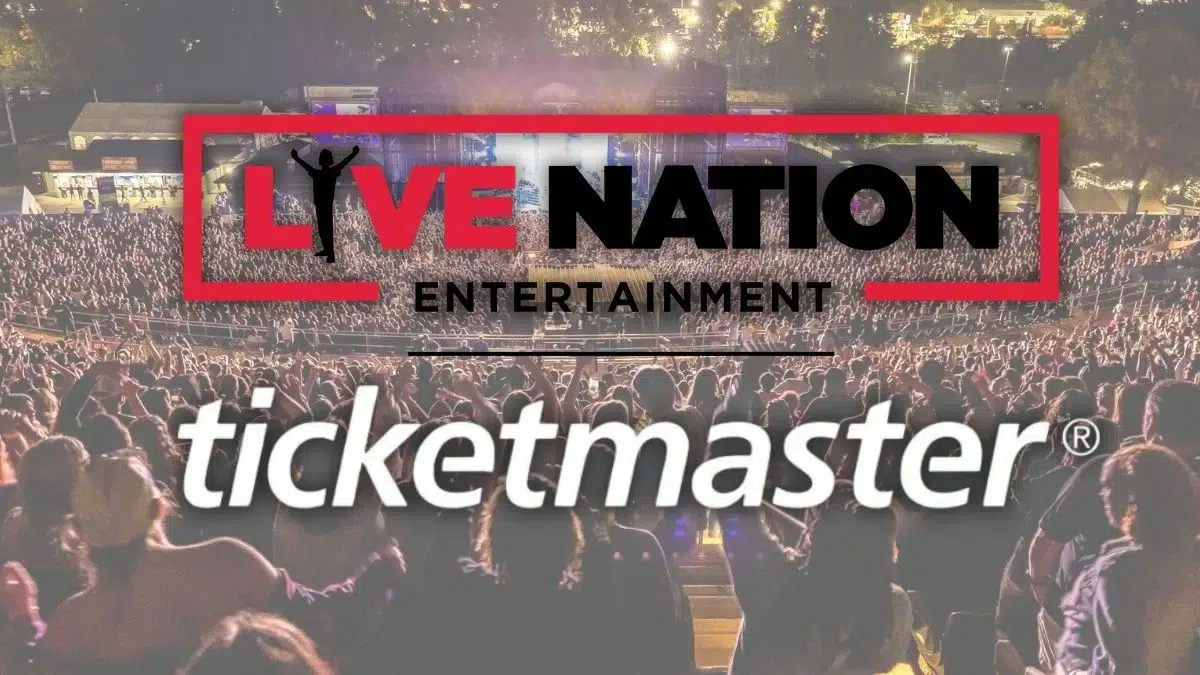Live Nation Entertainment (NYSE: LYV) continues to trade near record highs, but pressure is mounting as regulators, lawmakers, and fans raise questions about its dominance of the live entertainment market.
The company’s latest earnings report showed $7.01 billion in quarterly revenue, up 16% from last year and above Wall Street expectations. But earnings per share came in at just $0.41, well below the $1.08 analysts had projected. Despite that miss, shares recently closed at $166.45 — not far from the company’s 12-month high.
Institutional investors have fueled much of that strength. Price T Rowe Associates increased its stake in Live Nation by more than 80%, joining Vanguard and the Canada Pension Plan in raising exposure. Nearly 75% of the company’s stock is now held by major funds. But not all are doubling down: Tpg Gp A LLC cut its stake by 41% last quarter, signaling some caution.
| READ: Live Nation Reports Record Q2 Results, Credits ‘Market-Based’ Price Inflation Strategy |
Wall Street remains largely supportive, with analyst targets ranging as high as $185 per share. Technical indicators also show bullish momentum. Yet those positive signals are at odds with the growing scrutiny Live Nation faces.
The Department of Justice has kept an active antitrust probe open since 2022, and reports of potential legal action sent shares tumbling at the time. Lawmakers, too, have zeroed in on Ticketmaster’s market power following the 2010 merger that cemented Live Nation’s control over both concert promotion and ticketing. In Senate hearings last year, legislators blasted the company for high fees, restrictive venue contracts, and practices that limit consumer choice.
Live Nation already paid $20 million to settle claims that it misled investors about those regulatory risks. That lawsuit echoed many of the same complaints fans and competitors have voiced for years — inflated service charges, retaliation against venues that work with rivals, and a lack of transparency around fees.
| READ: Live Nation’s Trump Playbook: Cozying up to Undermine Antitrust Case |
For an industry built on fan trust and access, the company’s dual role as promoter and gatekeeper remains a flashpoint. Artists have criticized the system for reducing their visibility and limiting how fans can buy tickets, while up-and-coming competitors argue they face structural barriers to entry.
The broader live events sector is booming, with demand for concerts and festivals stronger than ever. But if the DOJ moves forward with a case — or if political pressure leads to new restrictions on Live Nation and Ticketmaster — the company’s control of the marketplace could face its most serious challenge in more than a decade.
For fans and smaller players across the industry, that might be the only way the ticketing system meaningfully changes. For shareholders, it represents a risk that even record revenues may not offset.




